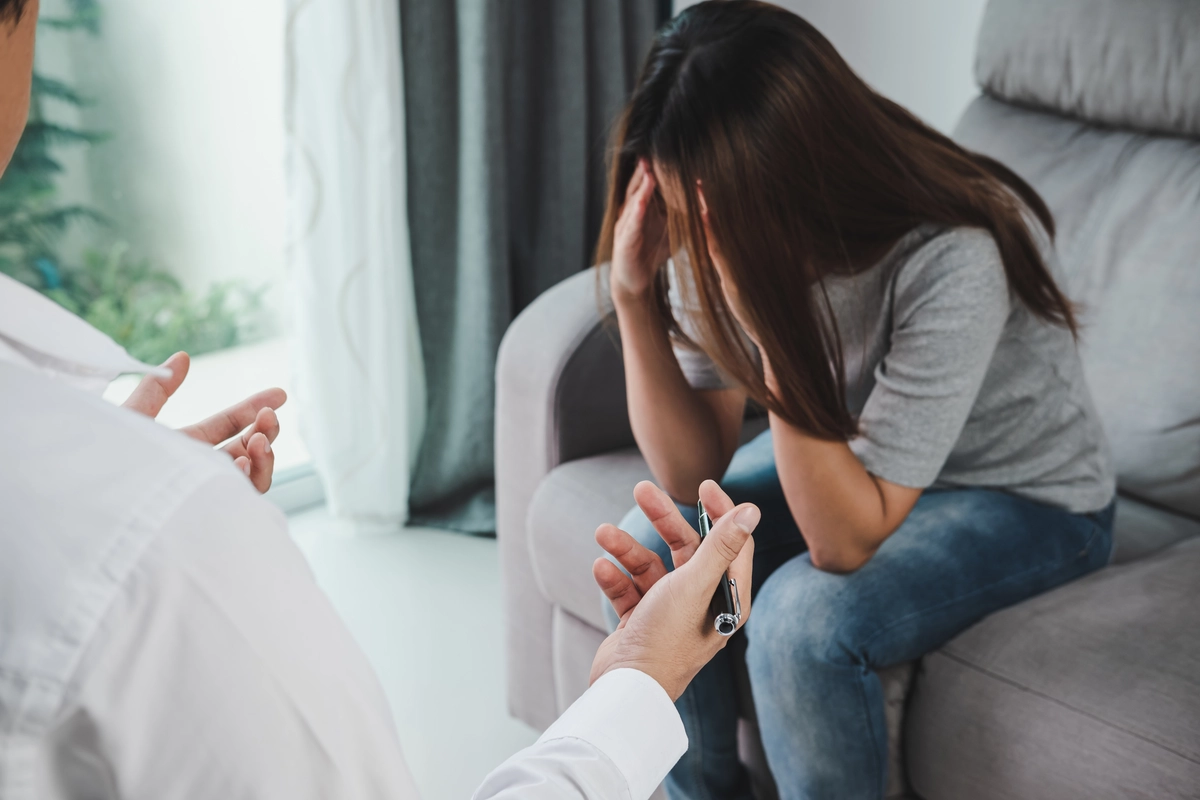24/7 Helpline:
(866) 899-221924/7 Helpline:
(866) 899-2219
Learn more about Prescription drug Rehab centers in New Kensington
Prescription drug Rehab in Other Cities

Other Insurance Options

EmblemHealth

Access to Recovery (ATR) Voucher

Magellan Health

MHNNet Behavioral Health

Ceridian

Kaiser Permanente

WellPoint

GEHA

Carleon

United Health Care

AllWell

MVP Healthcare

Multiplan

Excellus

BHS | Behavioral Health Systems

Self-pay options

UMR

Anthem

Premera

Lucent

Greenbriar Treatment
Greenbriar Treatment - Fourth Avenue offers specialized and cutting edge treatment for those individ...








Southwest Behavioral Care
Southwest Behavioral Care is a private rehab located in New Kensington, Pennsylvania. Southwest Beha...

Family Services – Outpatient
Family Services – Outpatient is a private rehab located in New Kensington, Pennsylvania. Family Serv...




